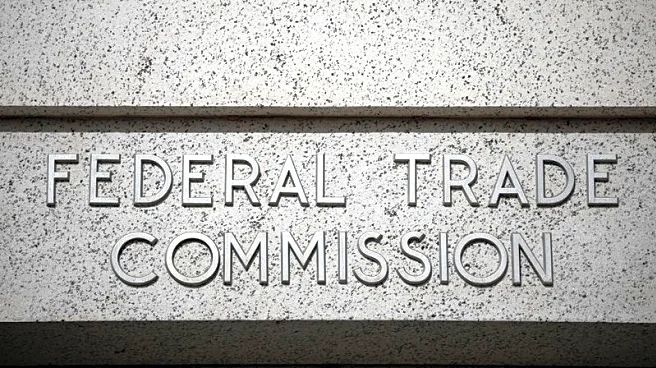What's Happening?
Massachusetts is set to enforce a new pay transparency law starting October 29, requiring private employers with 25 or more employees to disclose wage ranges in job postings. The law, known as An Act Relative to Salary Range and Transparency, mandates that employers include pay ranges for all positions within the state, extending beyond temporary workers to all job ads. Additionally, employers must provide pay ranges to employees offered promotions or transfers, and current employees can request the pay range for their current position. The law includes anti-retaliation measures to protect employees and applicants exercising their rights under the Act. Employers have a grace period of two business days to correct violations without fines, with penalties escalating for repeated offenses.
Why It's Important?
The implementation of this law marks a significant shift towards greater transparency in the workplace, potentially impacting wage equity and employee satisfaction. By requiring pay ranges in job postings, the law aims to reduce wage disparities and empower job seekers with more information to make informed decisions. Employers may face increased administrative responsibilities to comply with the law, but it could lead to a more competitive and fair job market. The anti-retaliation provisions further protect employees, fostering a more open dialogue about compensation. This development could influence similar legislative efforts in other states, promoting nationwide changes in employment practices.
What's Next?
Employers in Massachusetts will need to adjust their job posting practices to comply with the new law, potentially revising internal policies and systems to ensure accurate pay range disclosures. The Massachusetts Attorney General will oversee enforcement, and businesses may need to prepare for audits or investigations. As the law takes effect, stakeholders such as HR professionals and legal advisors will likely monitor its impact on hiring practices and employee relations. The broader implications for wage transparency could spark discussions in other states, leading to potential legislative initiatives aimed at similar goals.
Beyond the Headlines
The law's emphasis on transparency may encourage cultural shifts within organizations, promoting open discussions about compensation and career advancement. It could also lead to increased scrutiny of pay equity, prompting employers to evaluate and address any existing disparities. The focus on transparency aligns with broader societal movements advocating for fairness and equality in the workplace, potentially influencing corporate social responsibility strategies.










